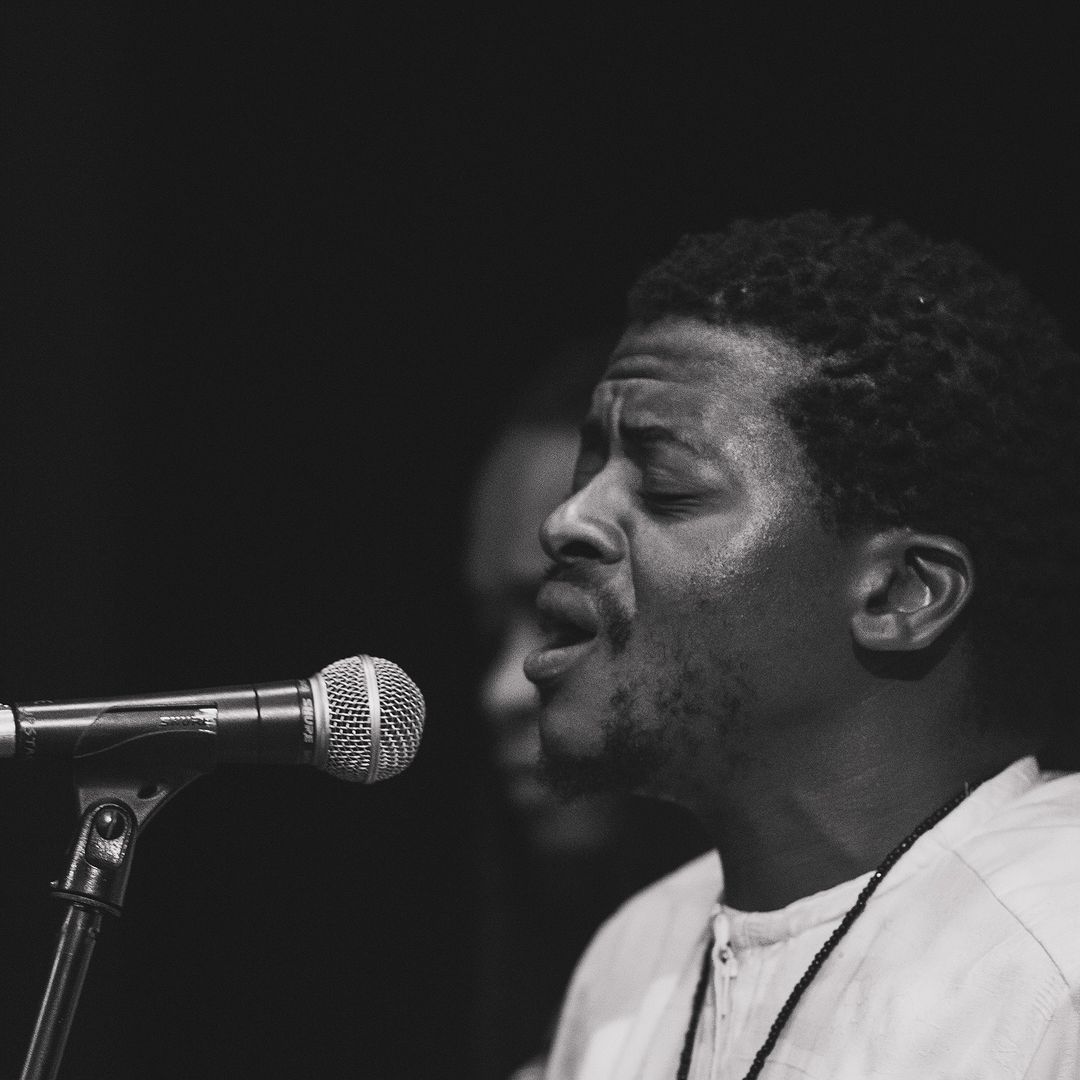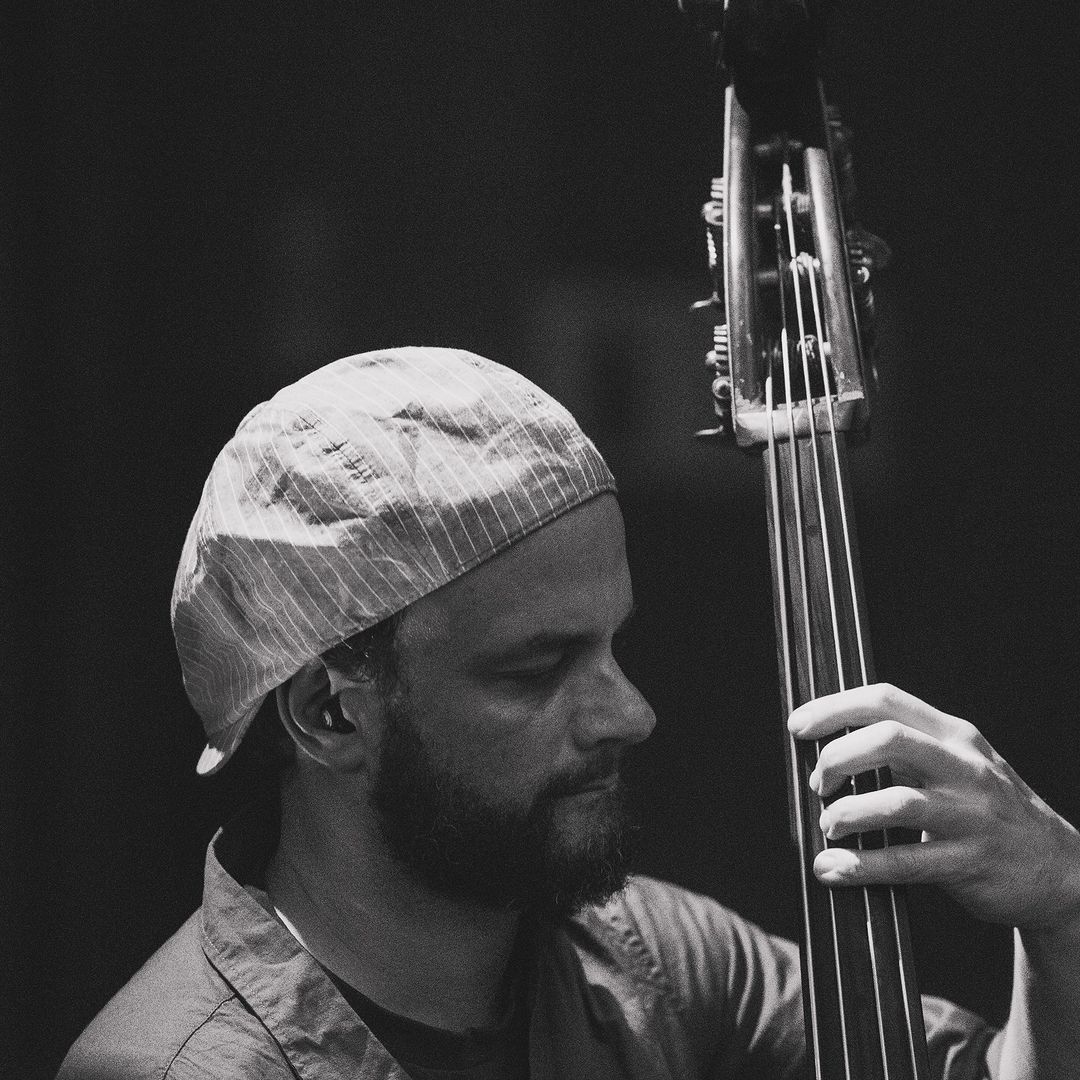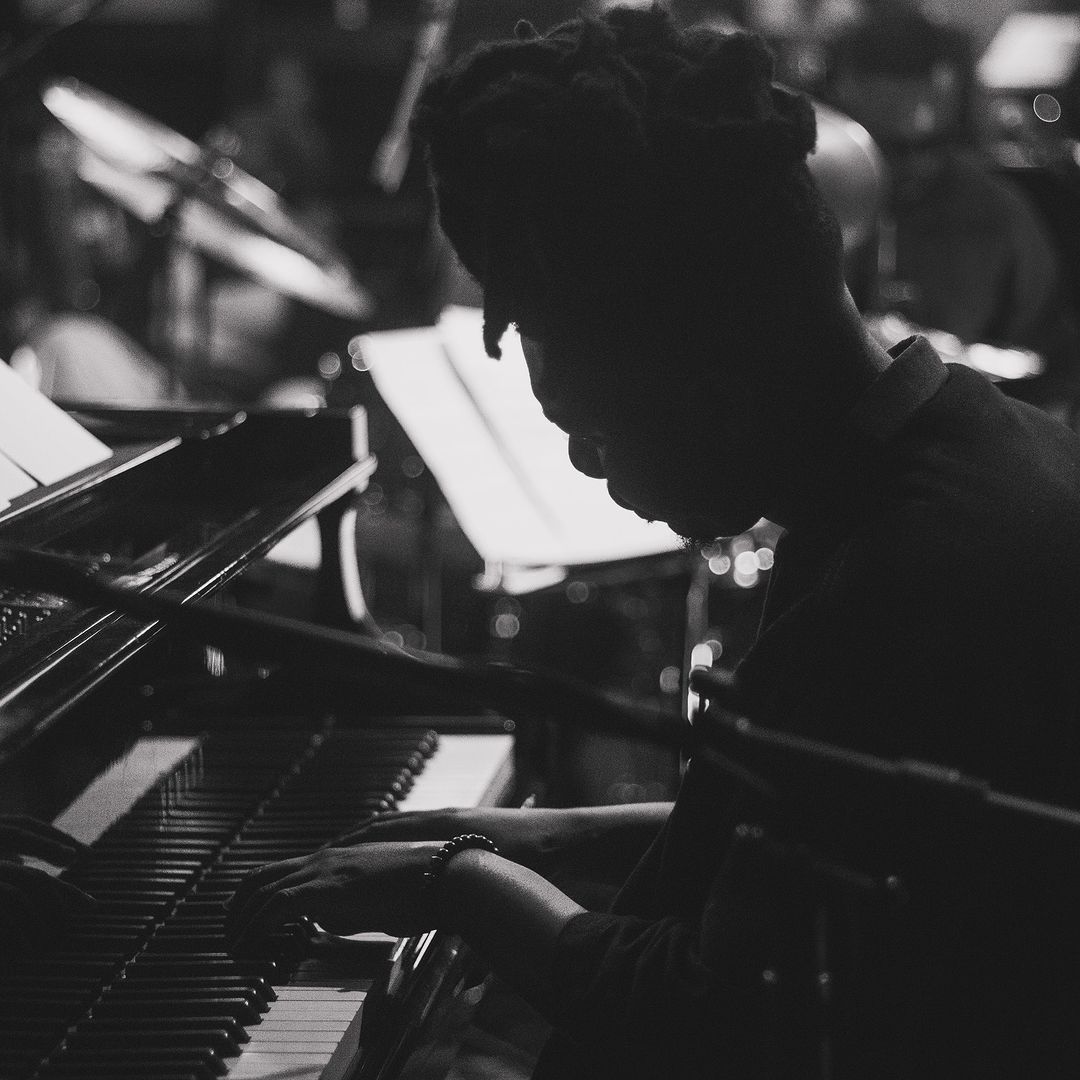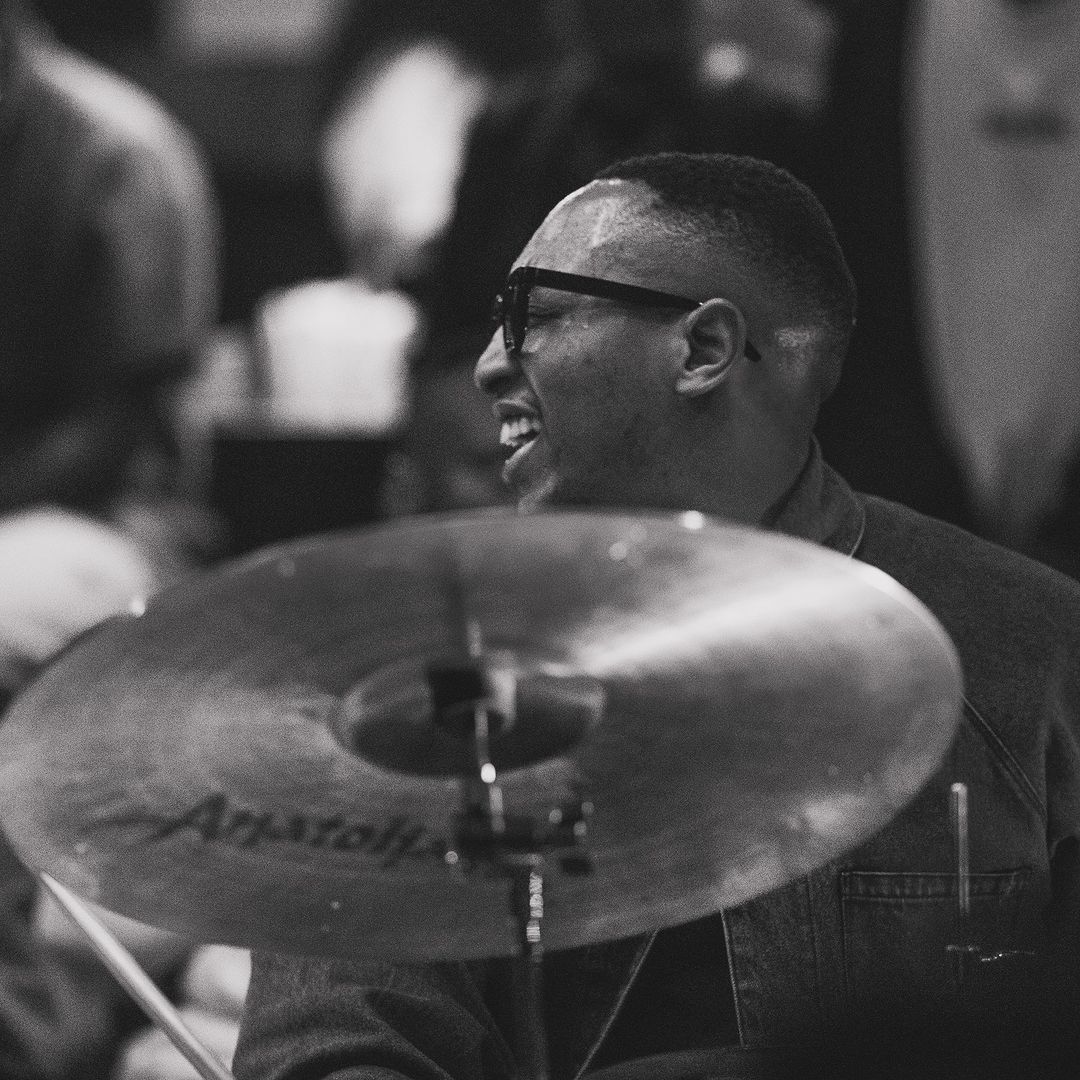Saxophonist, Linda Sikhakhane, has garnered both local and international recognition for his distinctive style, which constitutes a smooth fusion of traditional South African sounds with cool, contemporary jazz. A native of Umlazi, Sikhakhane’s road has been shaped by an unshakeable spiritual and cultural foundation, as well as notable collaborations with influential figures in the jazz community. In this conversation, Sikhakhane reflects on his influences and his contributions to the evolution of jazz both locally and internationally.
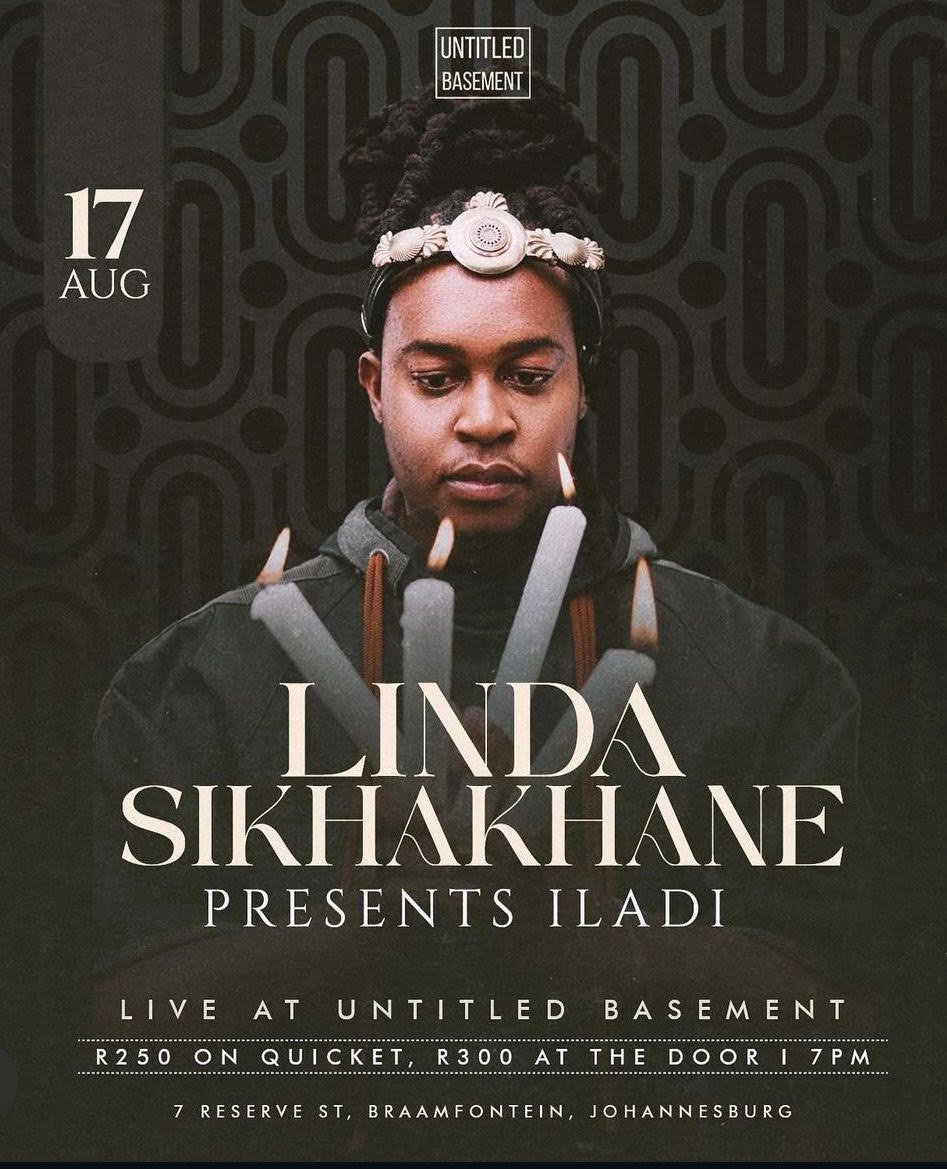
Thembeka Heidi Sincuba (THS): I attended your album launch at UntitledBasement, and it was incredible. To start, I’d love to know more about your background. Growing up in Umlazi, where jazz isn’t necessarily prominent, how did you find your way into the genre?
Linda Sikhakhane (LS): Growing up, I was lucky enough to be surrounded by musicians at a community center founded by a jazz musician. That space was key to my early development, a place where I met a lot of people who would later have a profound influence on my music. Jazz became an important part of my interpersonal relationships, and I started immersing myself in its history, which shaped my understanding of the music.
THS: You’ve collaborated with many respected South African and international artists. Which of these collaborations have had the most profound impact on you?
LS: Each collaboration has left a mark on me in some way. But working with artists like Billy Harper and David Schnitter after relocating to New York was transformative. It was more than just learning from their technical mastery—it was about understanding their entire discographies and absorbing the philosophy behind their music. There was no real separation between the influences I gained in South Africa and those from New York, but my time there helped me solidify my own voice.
THS: Speaking of your trajectory, you won the SAMRO Overseas Scholarship in 2016. How did that experience influence your career path?
LS: The scholarship was pivotal. It opened doors for me to study and engage with international musicians, particularly during my time in New York. But beyond the technical learning, it offered me a broader perspective on jazz’s global context and gave me the confidence to chart my own course within it.
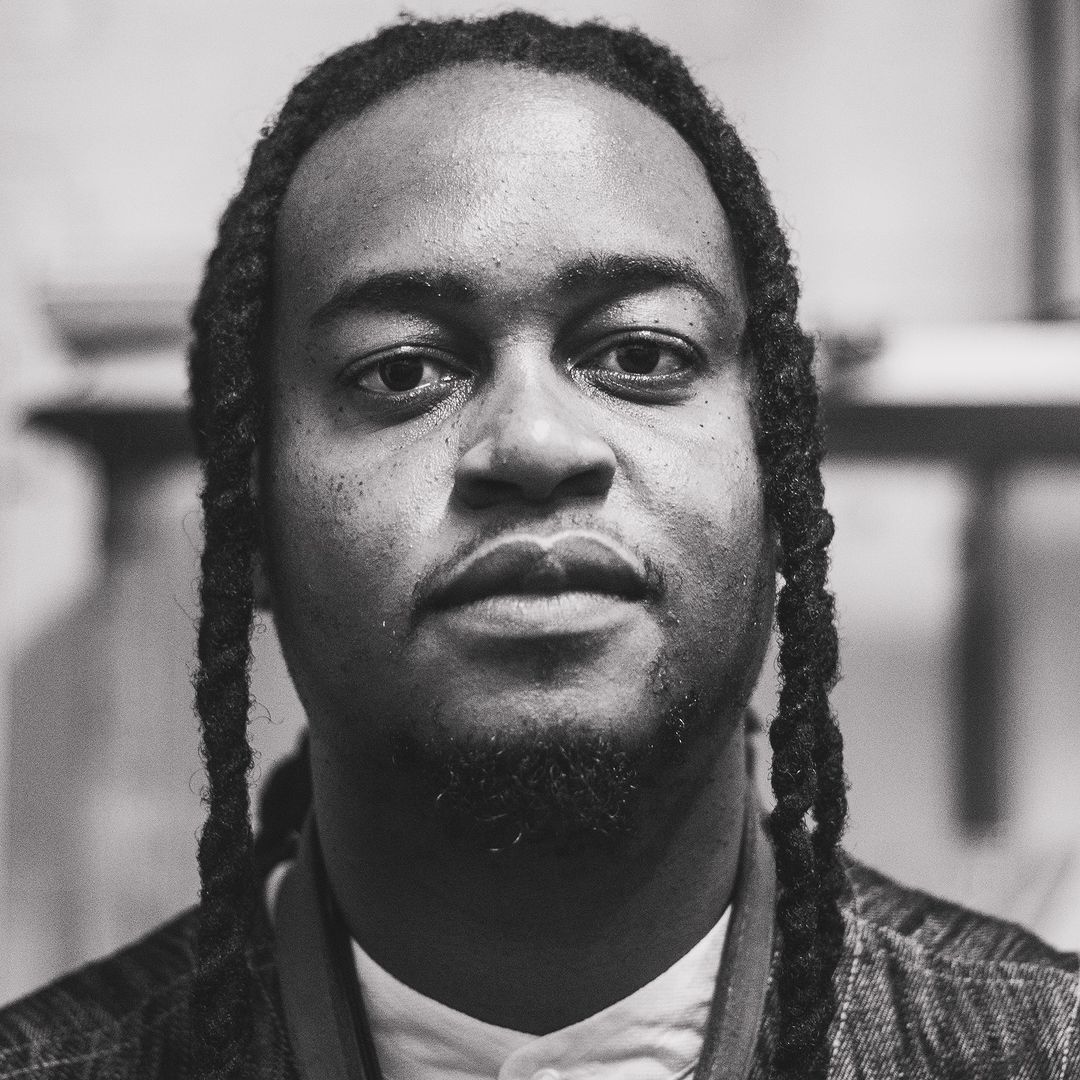
THS: With your debut album, Two Sides, One Mirror (2017), and now we have your second album, Iladi (2024), what was the creative leap between the two?
LS: Iladi was a deeper exploration of my roots, especially the ritualistic and spiritual aspects of being at home. It allowed me to transport those cultural elements into the music more consciously. I focused on finding myself through the tradition of composing songs that serve specific purposes—songs for different stages of life, like when a child is born, for example.
THS: How does spirituality influence your music, especially in Iladi?
LS: My relationship with music has always been deeply spiritual. I think of each song as having its own reason for being. Whether it’s a celebratory song or a meditative one, I try to honor the purpose behind the composition. It’s about creating connections between the listener and the deeper meaning behind the music, which is something I continuously strive for.
THS: You’ve worked closely with Nduduzo Makhathini, who views music as a healing mechanism. How do your similar approaches come together in your collaborations?
LS: Nduduzo and I have our own unique approaches, but our collaborations are driven by a shared belief in music’s transformative power. For me, it’s about offering listeners a space to find their own meaning within the music. We don’t impose an agenda but invite people to experience it in their own way.
THS: What are your thoughts on the evolution of South African jazz and its place on the global stage? What role do you see yourself playing in that landscape?
LS: South African jazz has always been about staying present and reflecting our realities. We’ve had waves of musicians who contributed to its rich legacy, from the era of exile to the current generation. I hope to continue that tradition by making the music more accessible and reaching more people, especially the youth.
THS: Accessibility seems like a recurring theme. What do you think could make jazz more accessible to young people?
LS: Definitely more opportunities and media exposure. Jazz has often been portrayed as niche, but it’s always been youth-driven music. We need to create more platforms for young musicians and show that jazz is still relevant today. That could inspire the next generation to engage with it.
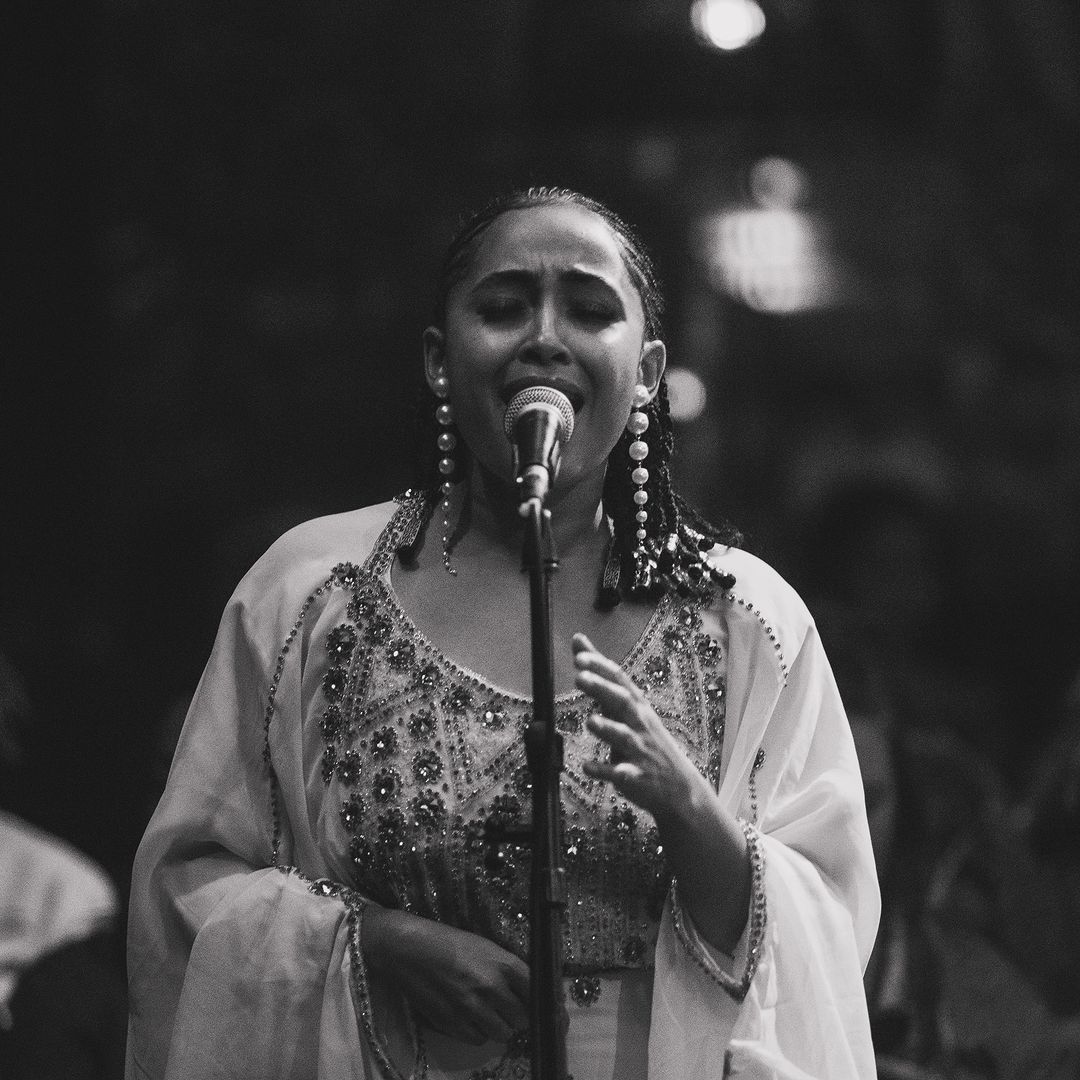
THS: You were named the 2022 Standard Bank Young Jazz Artist. How did that recognition impact your career, and how does it inspire other young musicians?
LS: It was an honor to receive that award. The support I’ve gained from it has amplified my journey, allowing me to create projects like Iladi. More importantly, it’s inspiring to see how other young musicians respond to it. I hope that by continuing to push boundaries, I can help encourage others to pursue their dreams in the jazz space.
THS: Balancing cultural roots with contemporary experimentation seems central to your work. How does this duality affect you personally?
LS: It shapes me deeply. It’s about honoring where I come from while also exploring where I can go. I think this duality allows me to remain grounded while pushing creative boundaries, and it helps me stay true to myself as both an artist and a person.
THS: Lastly, any advice for young musicians?
LS: Stay true to your vision. The journey may feel like a huge mountain, but take it one step at a time. Seek out opportunities, be open to learning, and don’t be afraid to make mistakes along the way. The most important thing is to keep going.
South African jazz, shaped by nightclubs and jam sessions, saw pioneers like the Jazz Epistles and Blue Notes introduce bebop while becoming a tool of anti-apartheid resistance, notably through the musical King Kong (1959-1961). After the 1960 Sharpeville Massacre, artists such as Abdullah Ibrahim and Hugh Masekela gained global recognition. Today, the genre thrives with progressive musicians like Sikhakhane, who blend tradition with contemporary elements, ensuring South African jazz continues to evolve and resonate on both local and global stages.
